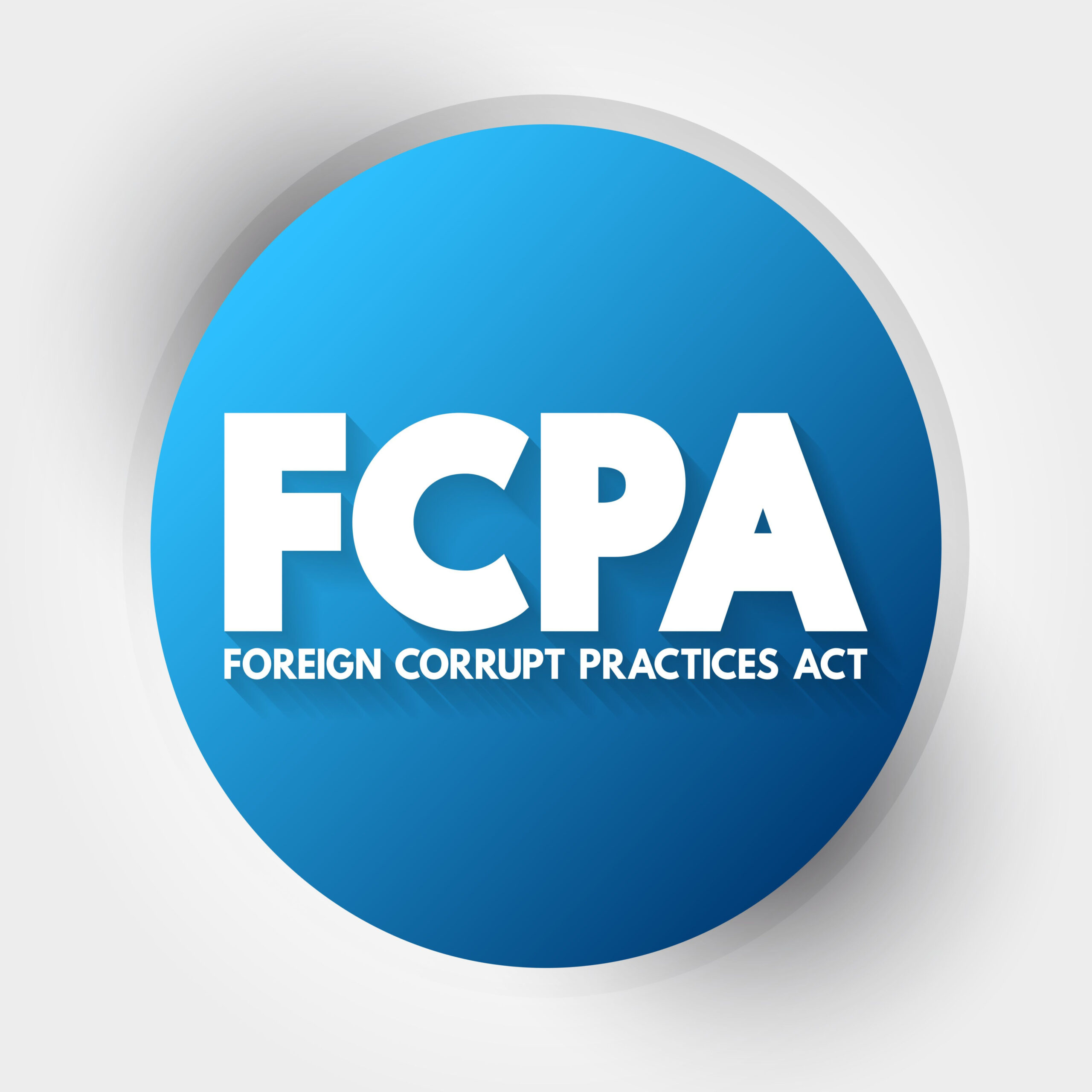FCPA (Foreign Corrupt Practices Act) compliance ought to be at the forefront of companies of all sizes in all industries. Due to the globalization of company operations, as well as bribes paid to foreign officials advancing a company’s business interest, exposure to bribery and corruption continues to increase. A qualified CPA practitioner with FCPA expertise can help with addressing the risks FCPA violations by performing due diligence associated with third-party intermediaries, developing internal FCPA compliance training programs and assisting with FCPA violation prevention. As an FCPA subject expert, the practitioner ought to have the training to recognize corruption and bribery red flags, knowledge of internal controls needed to operate internationally and an understanding of best anti-corruption practices. Moreover, the practitioner can assist in identifying the reasoning behind the misconduct, discovering falsified books and records, detecting prohibited payments and help with deterring future compliance breaches.
There is Guidance that should not the ignored
The Department of Justice (DOJ) and the Securities and Exchange Commission (SEC) published Guidance in November 2012 and on July 3, 2020, the DOJ released “A Resource Guide to the U.S. Foreign Corrupt Practices Act (FCPA), Second Edition”. This updated edition is a collaborative effort of the DOJ, Securities Exchange Commission (SEC), the US Department of Commerce and the US Department of State. The Resource Guide, intended for businesses of all sizes (from small to multinationals with subsidiaries), presents how the DOJ and the SEC:
- Make decisions to open investigations
- Bring charges
- Assess voluntary self-disclosure
- Assess full cooperation
- Assess timely and appropriate remediation
- Evaluate implementation of an effective compliance and ethics program
The Guide also describes what is covered under the FCPA:
- anti-bribery and accounting provisions
- definition of a “foreign official”
- jurisdictional reach
- types of proper and improper payments
- application of successor liability in mergers/acquisitions
- effective corporate compliance program
- different types of civil and criminal resolutions available
Best Practices References
For Best Practices, the Guide makes reference to the DOJ updated guidance of June, 2020 “Evaluation of Corporate Compliance Programs” as a guide for prosecutors when making conclusions regarding the effectiveness of a corporation’s compliance program at the time of an offense and determining an appropriate form of resolution or prosecution, monetary penalty, and compliance obligations contained in any corporate criminal resolution.
The Guide refers to these publications as roadmaps for corporations to achieve effective compliance programs and implement measures for preventing and detecting foreign bribery:
- The Department of Commerce’s International Trade Administration (2004): A Manual for Managing a Responsible Business Enterprise in Emerging Market Economies
- The Department of State (2000): Business Risk Management
- The OECD’s 2009 Anti-Bribery Recommendation and its Annex II: Good Practice Guidance on Internal Controls, Ethics, and Compliance
Companies of all sizes ought to ensure that their compliance programs include:
- A mechanism for employees to report suspected or actual misconduct or violations of the company’s policies on a confidential basis without fear of retaliation.
- An efficient, reliable, and appropriately funded process for investigating a corruption allegation and documenting the company’s response, including any disciplinary or remediation measures taken.
- Taking “lessons learned” from reported violations and the outcome of resulting investigations to update internal controls, compliance programs and focus future training on such issues.
- A regular review and upgrade to compliance programs so that they do not become stale.
- A detection of new risk areas.
- Performing adequate FCPA due diligence prior to a merger or acquisition.
- An established means of documenting the company’s response to misconduct, including disciplinary or remediation measures taken.
There are other U.S laws that intersect with the FCPA
A violation of the FCPA may also constitute a violation of the characteristics of another U.S. Law – in this case the Travel Act. According to the FCPA Guide , if the conduct of an Entity or an Individual intersects with the FCPA’s antibribery or accounting provisions, the conduct of an Entity or an Individual can violate the Travel Act even if all the elements of an FCPA violation are not present.
The FCPA’s Resource Guide states that Entities and Individuals ought to realize that whether an entity is an instrumentality of a foreign government or a private entity, commercial bribery may still violate the FCPA’s accounting provisions, the Travel Act, as well as AML laws, and other federal or foreign laws. Consequently, any type of corrupt payment carries a risk of prosecution by the DOJ.
It all boils down to – do you have a Corporate Governance Expert?
Companies of all sizes in all industries ought to ensure that they are in compliance with the FCPA. In order to be able to properly analyze the causes of the misconduct and timely and appropriately remediate those causes to prevent future compliance breaches, companies ought to consult their Corporate Governance Expert which ought to be a qualified CPA practitioner with FCPA expertise.
©


